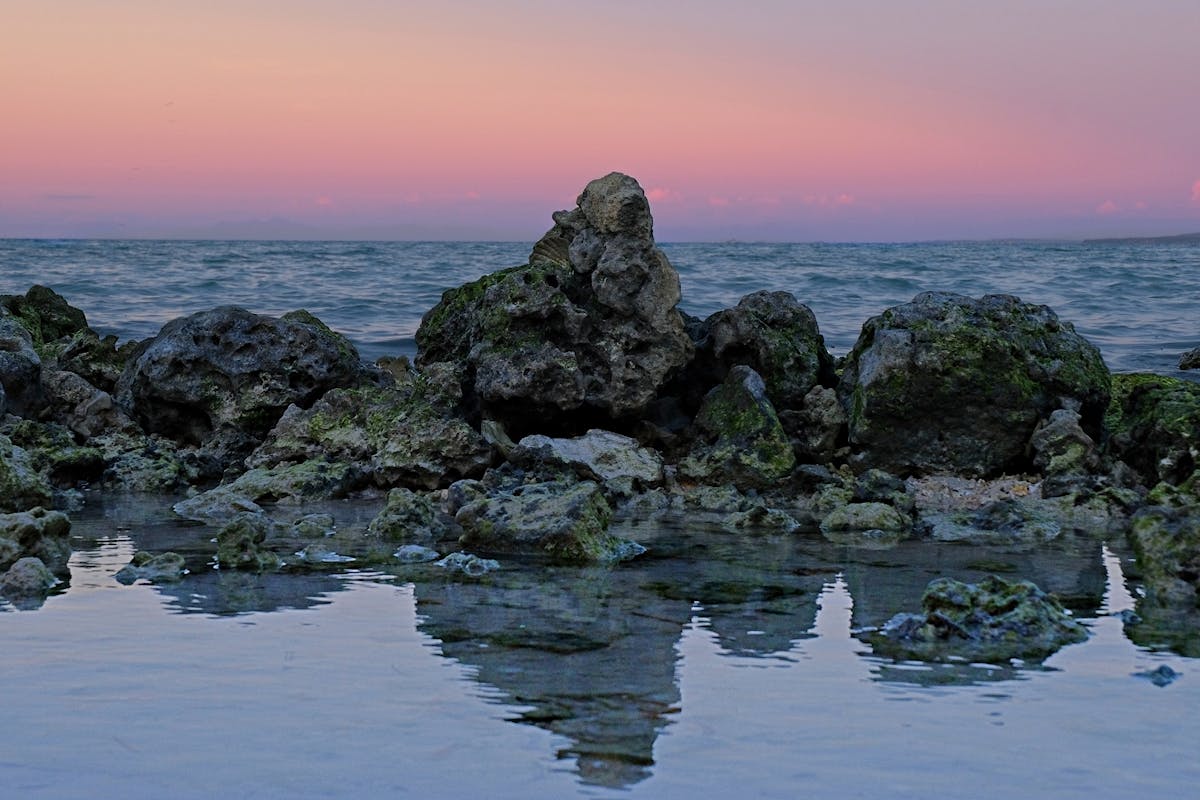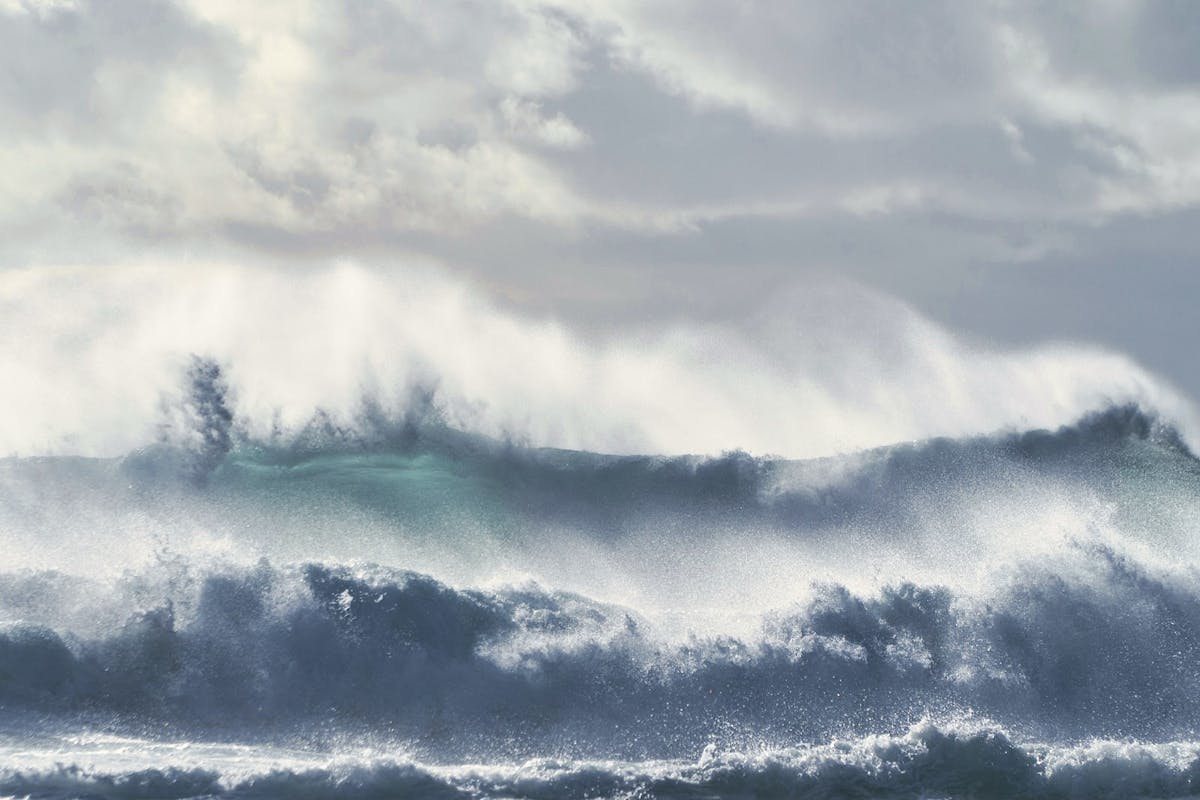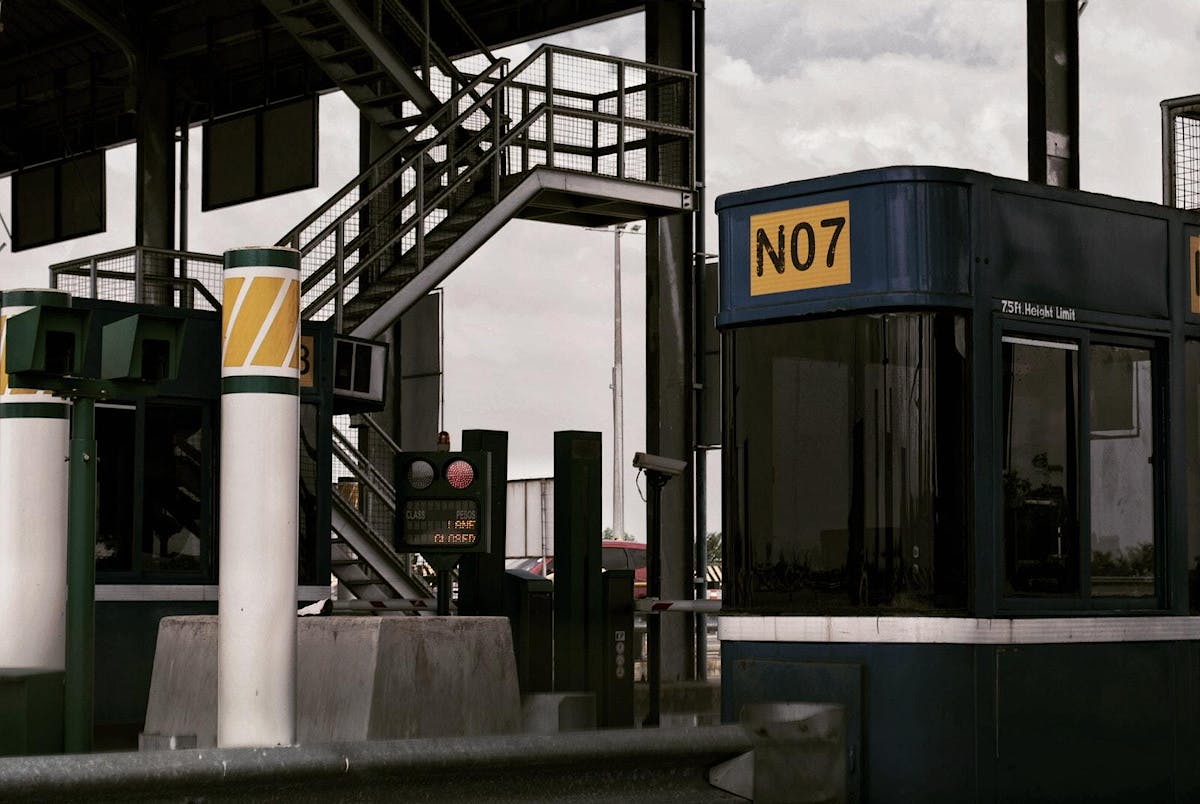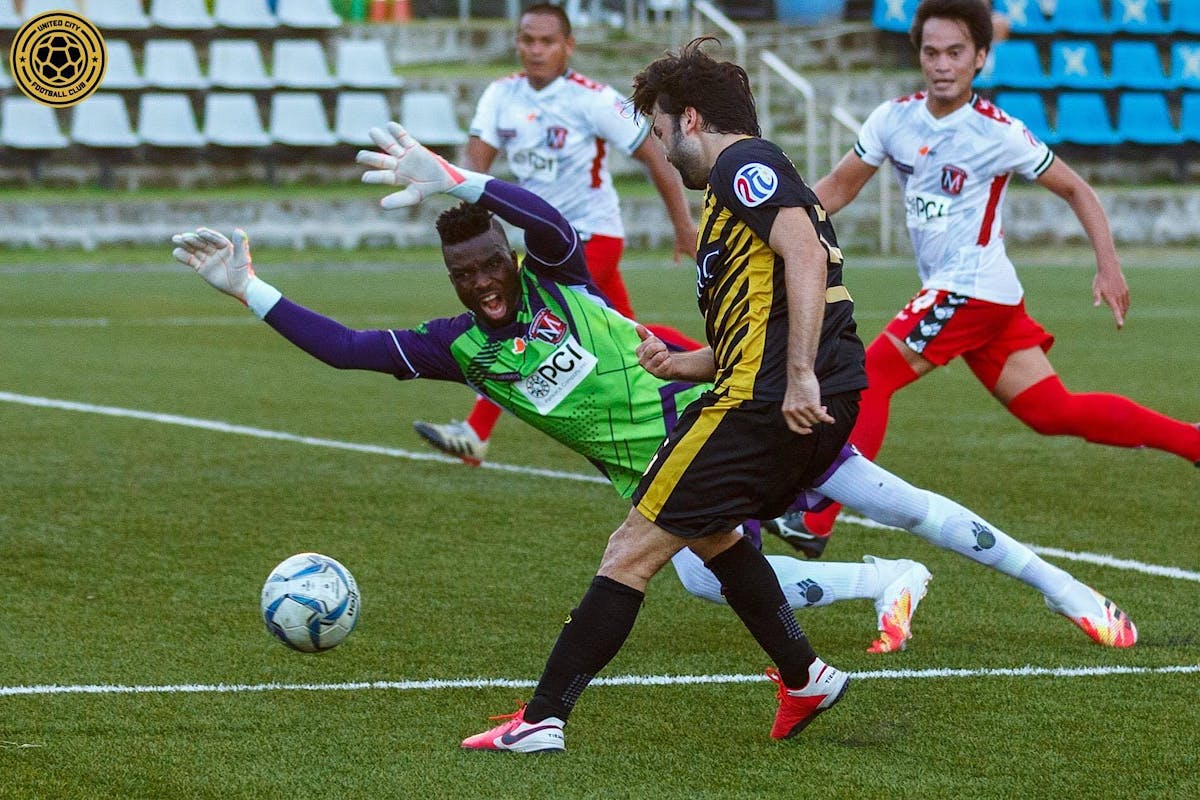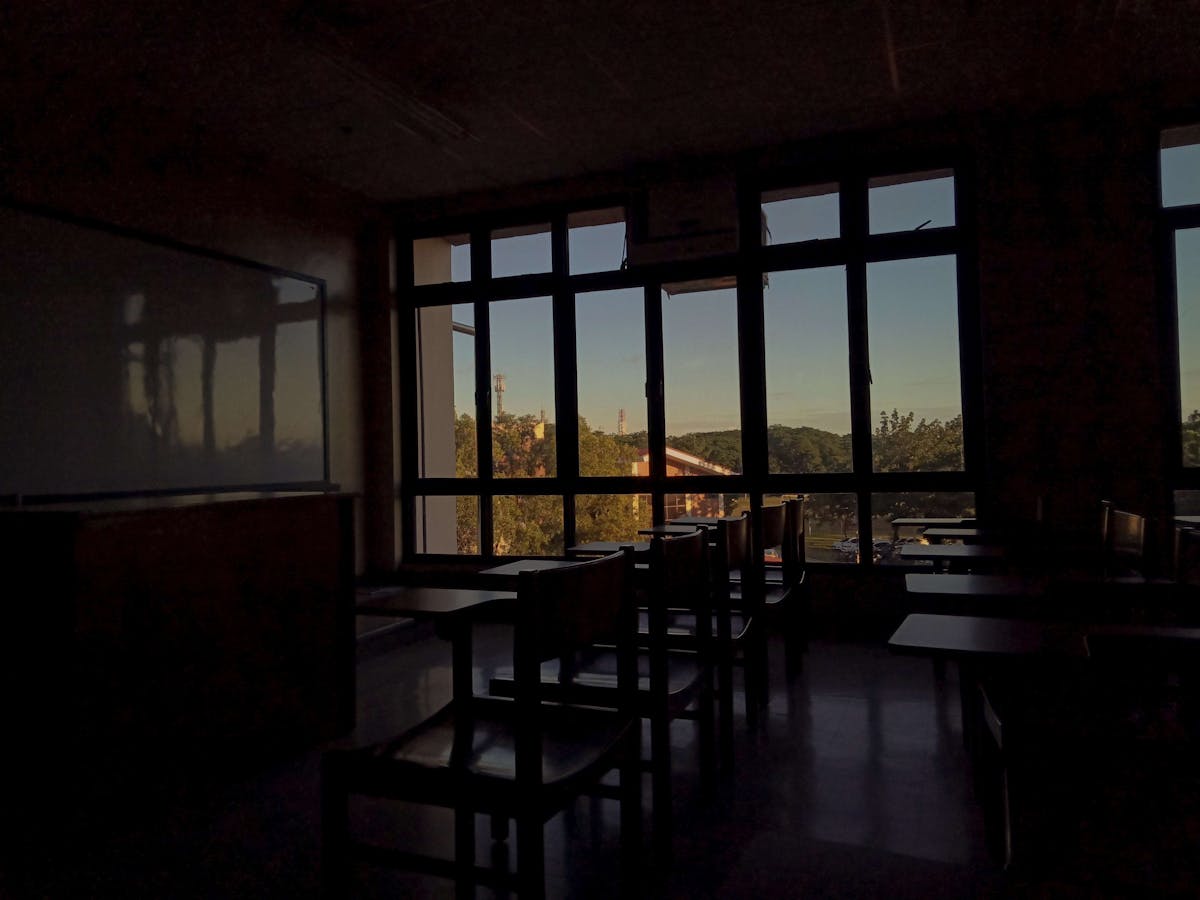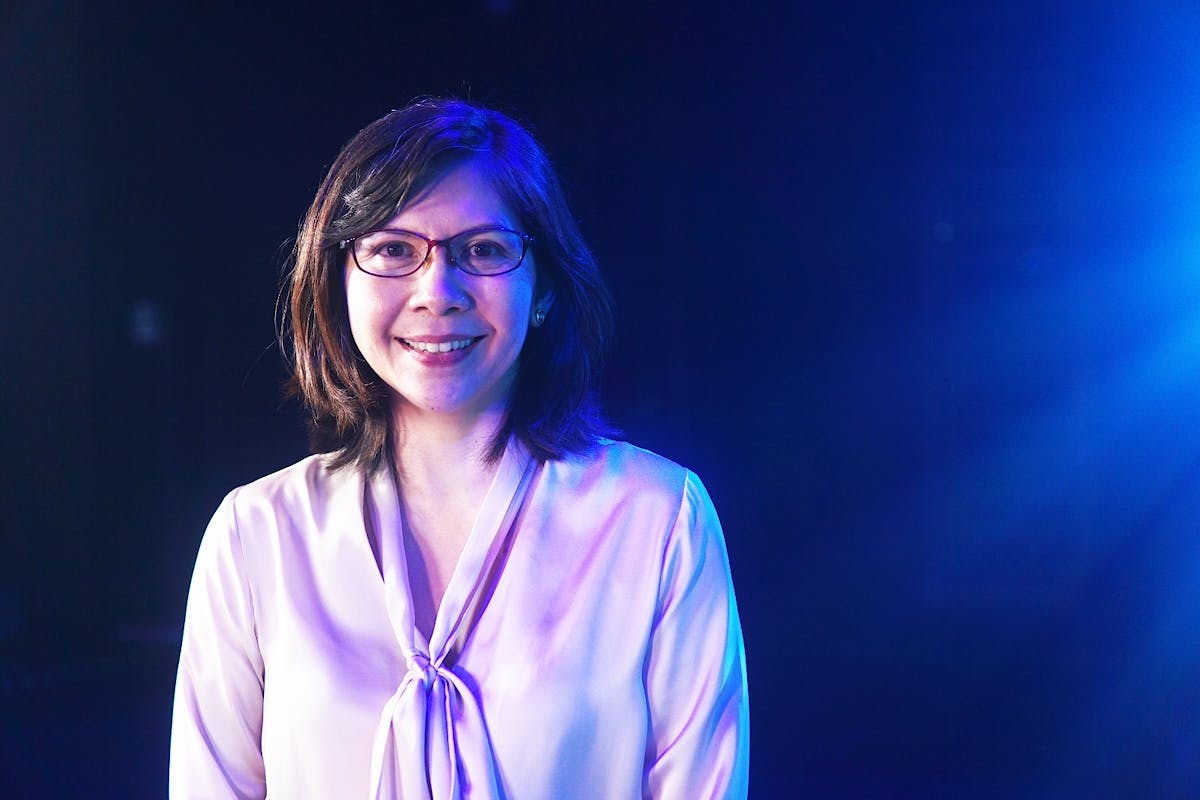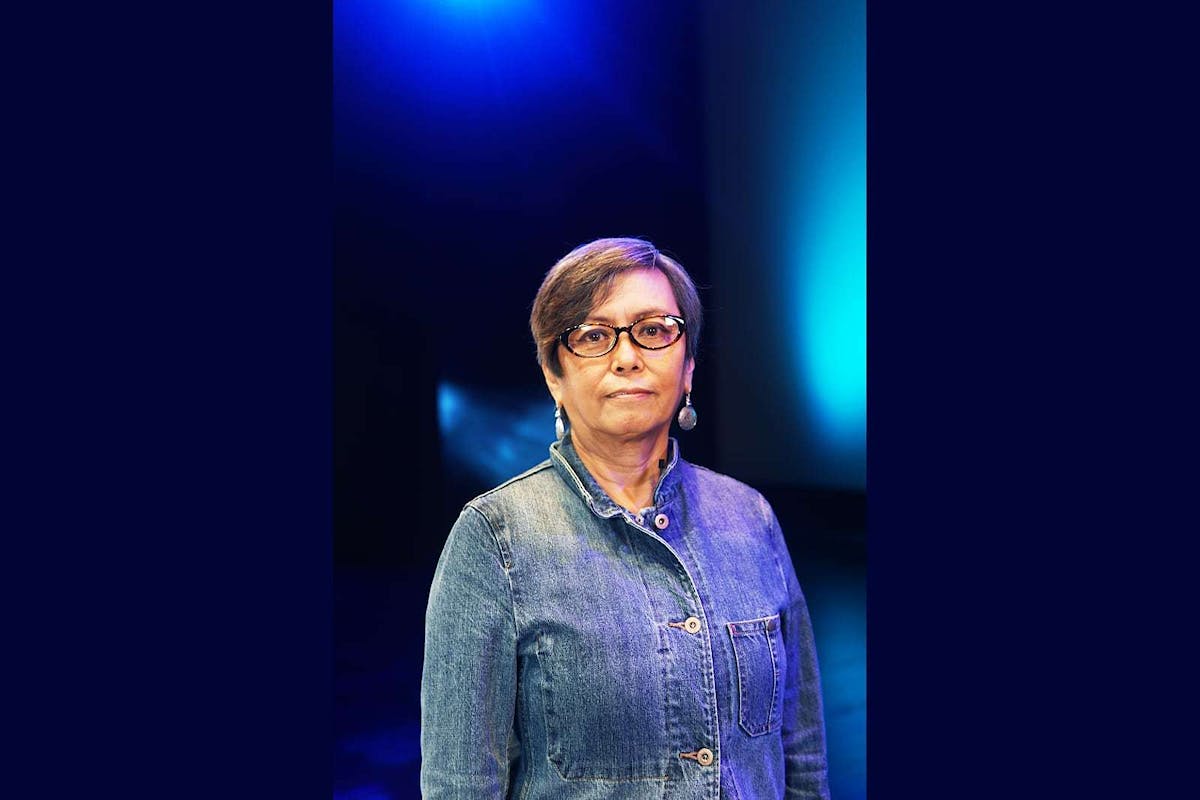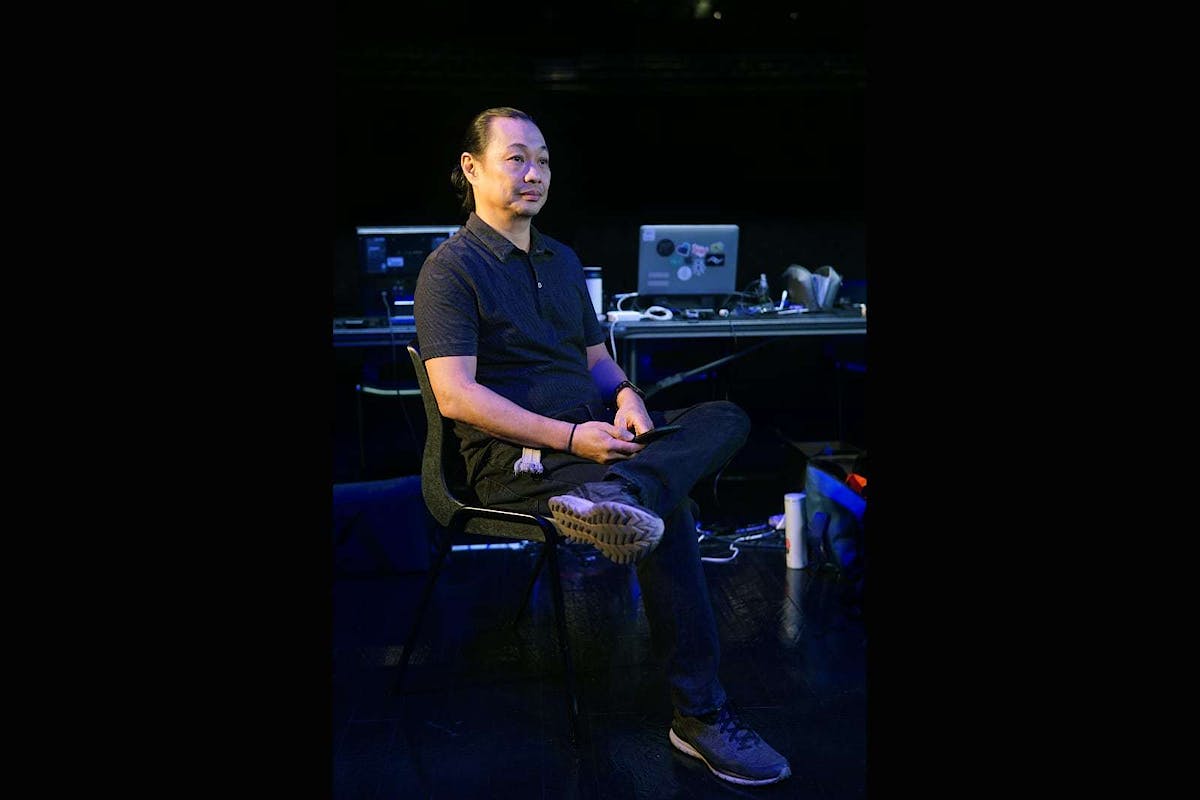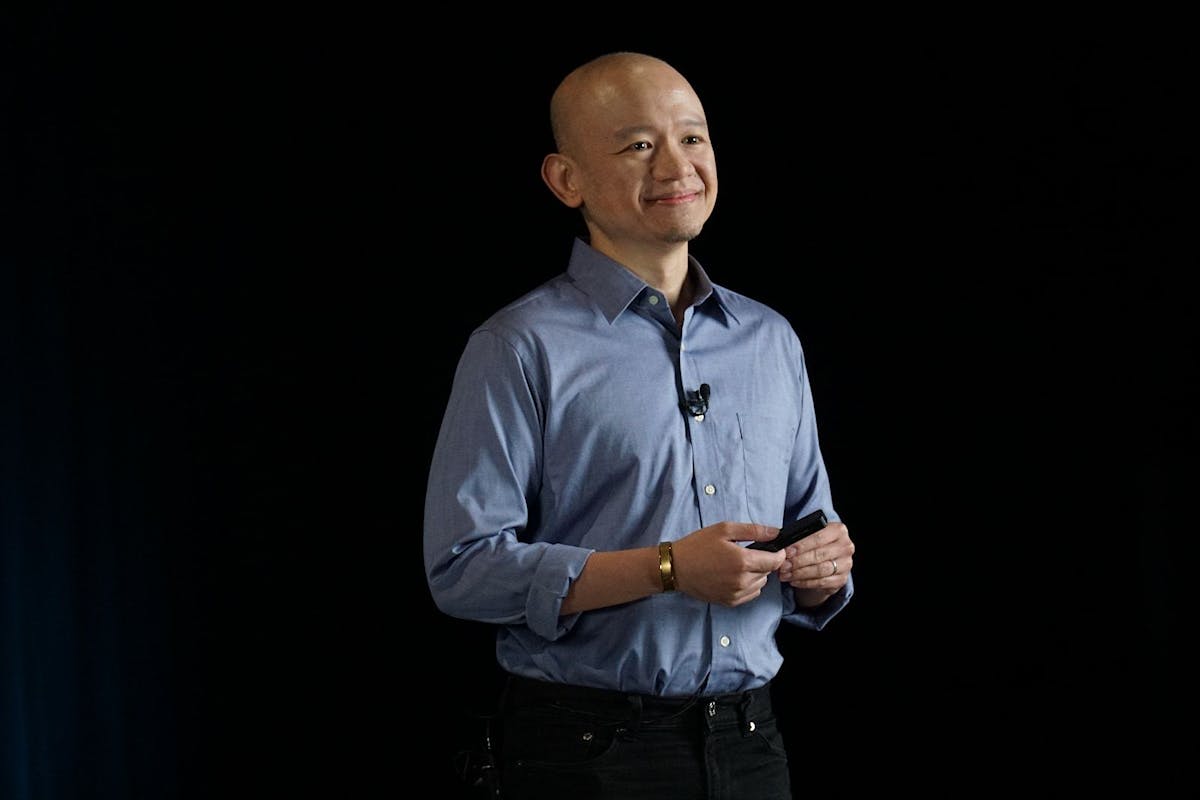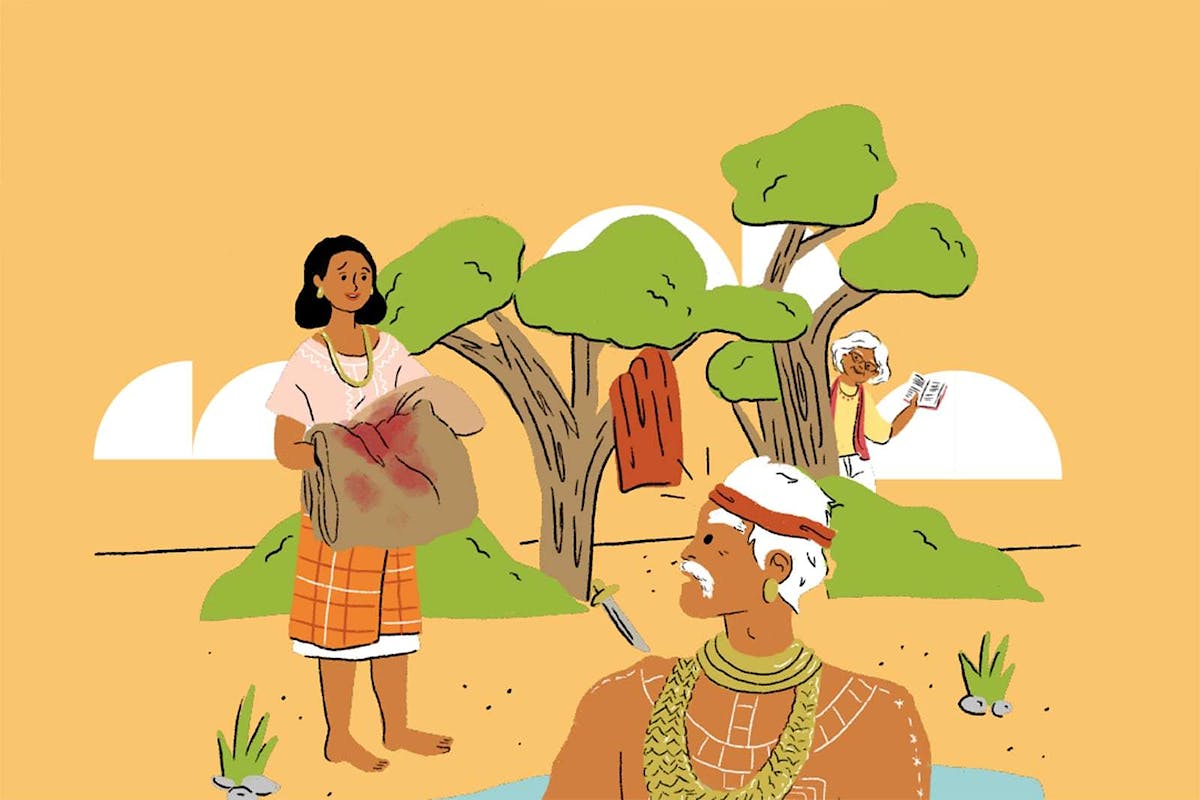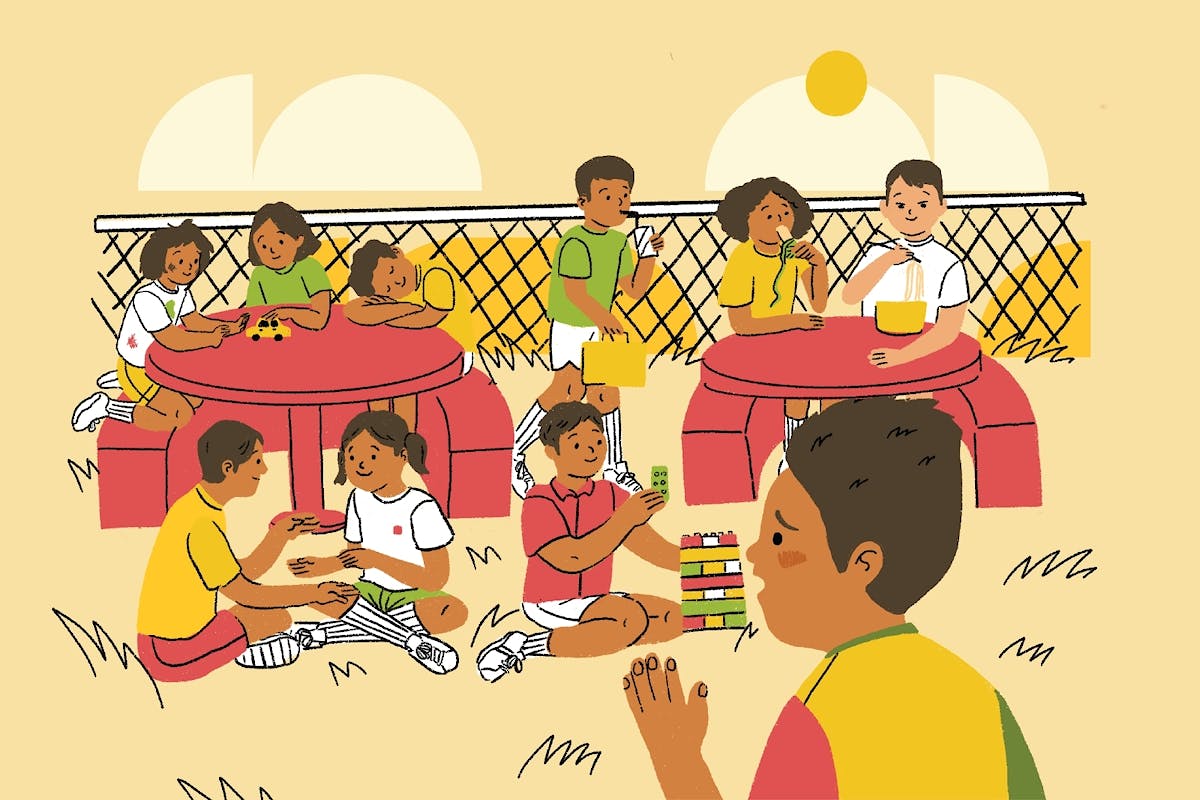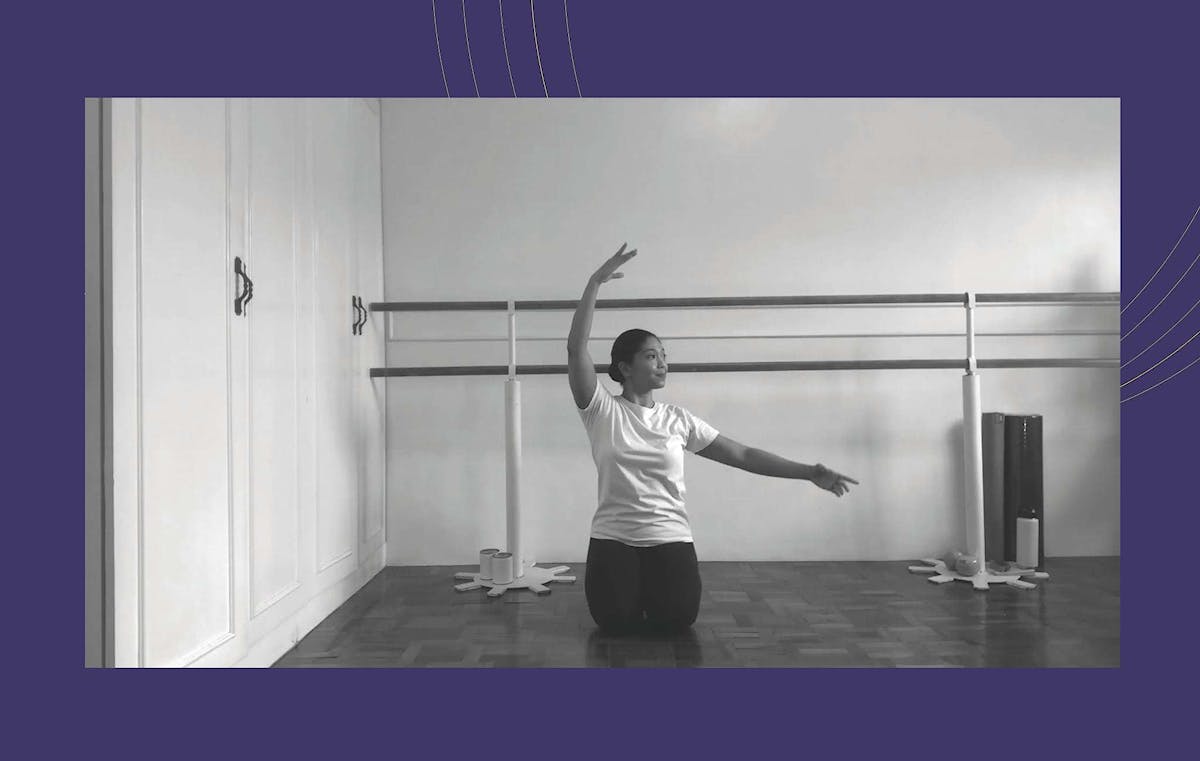
Our Way Forward
Academic Continuity in Times of Crisis
Academic continuity plans refer to a portfolio of strategies and procedures that ensure the continuity of learning and research during extended school closures.
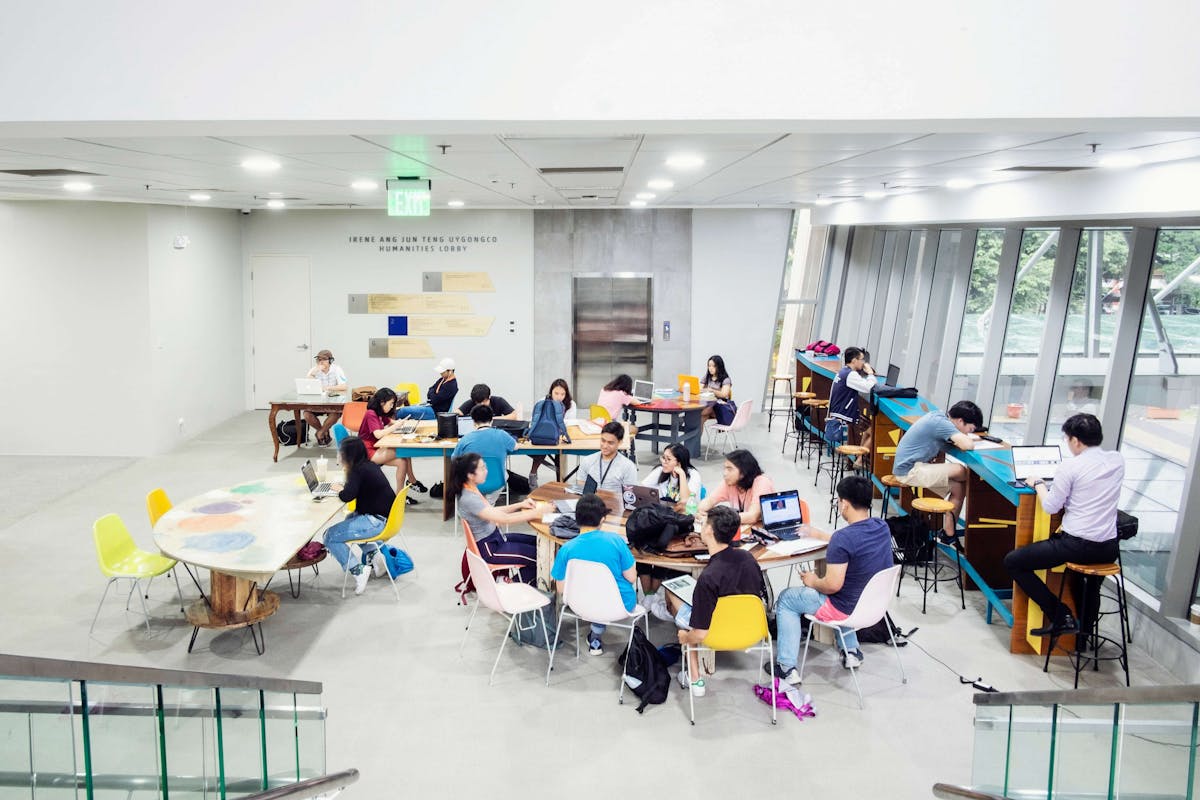
Academic continuity plans refer to a portfolio of strategies and procedures that ensure the continuity of learning and research during extended school closures. The causes of closures tend to have low probabilities of occurring but have high institutional-level impacts over substantial periods of time. The impact, though, is not so extreme as to necessitate a complete shutdown of all services. Circumstances still allow some level of academic activity to continue. Indeed, it is still feasible and desirable to continue in order to mitigate consequences on students and researchers, most especially those who are graduating and/or receiving financial assistance.
We are used to class suspensions because of typhoons and student or teacher absences because of illness or travel. On the opposite extreme, we have experienced disruptions severe enough to warrant alternative class programs or the cancellation of classes and offices altogether, e.g. the 1986 EDSA Revolution and 2013 Typhoon Haiyan. The protocols for academic continuity in these edge cases are relatively well-defined. The current COVID-19 pandemic is somewhere in the middle of the spectrum. While it is disruptive, one can argue that it is still possible to engage in online learning during the quarantine period.
Still, the protocols for a lockdown like this are less defined, so it is no surprise that most faculty and students were unprepared when it took place. Faculty were not ready to mass-migrate to the virtual world and students, despite being social media animals, were not ready for the monasticity that online learning imposes, especially when compounded with the anxiety and uncertainty of the times.
Planning begins before the crisis takes place, with an articulation of a set of guiding principles and structures for the crisis itself. These include a characterization of the circumstances under which the plan should be implemented, the priorities for this period (mental and emotional well-being, academic rigor, knowledge production), and a body that will take the lead in the decision-making process and oversee implementation.
Support structures have to be established. Since classes will most likely have to take place online, the online learning infrastructure needs to be robust enough to cope with the additional traffic. Teachers will need assistance with migration and online facilitation. They might also need help thinking of alternative forms of assessment that are cheating-resistant. Some students might need technical assistance as well as models of good online learning practices. Students might also need access to administrative support services such as financial aid and library facilities.
A variety of academic decisions then have to be made. How will the syllabus change in terms of scope and timing? How will course materials be distributed? Which platform will students use to submit their requirements? What communication modes are acceptable? How will instructors communicate their feedback? How will students be graded?
Policies need to be formulated regarding many special cases: graduating students, students who need to defend their dissertations or theses, students who are undergoing internships or practicum, students on international exchange programs, and students or researchers who need to collect data. Some courses are more affected than others. For example, setbacks for courses that require sports facilities, laboratories, or field work will be greater than those that rely on readings. What happens to students who are already on extension or on probation? What about students who are serving disciplinary penalties like suspensions? Researchers with grants are another special case. The university will have to help them communicate with their funders to determine what will happen if certain research activities are no longer possible.
During implementation, all these plans must be flexible. There are many students who are disadvantaged in online learning environments. Obviously those who have limited Internet access have their legs cut out from under them. Furthermore, individual characteristics will have an impact on success: the students who need fellow students around them for extrinsic motivation, those who have difficulty self-organizing or self-managing, those who have difficulty focusing, those who are already feeling isolated--they might not take to an online format as easily as their peers.
As the crisis wears on, students and faculty need continuous reassurance. The university needs to communicate its priorities and guiding principles repeatedly. For some, it can help to share best practices for teaching and learning but for others these kinds of war stories can create more stress and pressure. Support groups are helpful—for teaching, for learning, for company, for community. As the COVID-19 quarantine continues, several of us have adopted a “study with me” approach to community: We use Facebook Live or Google Hangouts to broadcast ourselves working. We do not lecture, discuss, or even converse. We do our own thing, and in the process attempt to create an atmosphere in which other people can do their own thing in parallel.
Once the crisis is over, students, teachers, administrators, and staff need a debriefing in which they share and critique strategies and tactics. What did they do well? What could they do better? What structures worked? What structures need further improvement? Affirm and recognize what was effective. Acknowledge what was not and try to understand why. Both successes and failures need to feed into the new and improved versions of structures, policies, and processes, so we are better prepared for next time. Ultimately, the university’s goals should extend beyond just academic continuity and towards academic resilience.


